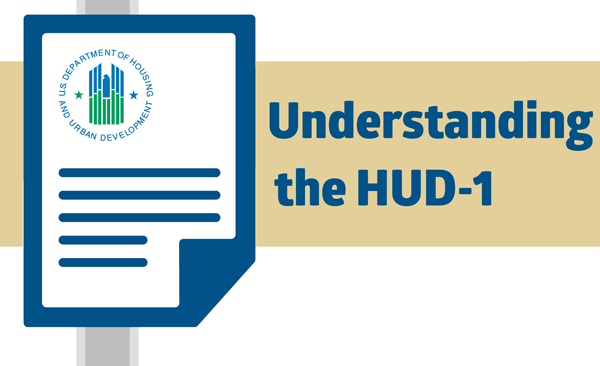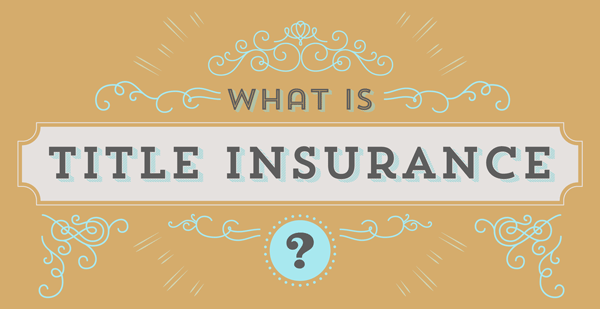 Whether or not you are a first time home buyer or have sold and purchased real estate in the past, the terminology your agent will use to explain parts and pieces of the transaction will likely seem foreign. Sometimes, although not intentionally, your agent might use an industry phrase without explaining what it means.
Whether or not you are a first time home buyer or have sold and purchased real estate in the past, the terminology your agent will use to explain parts and pieces of the transaction will likely seem foreign. Sometimes, although not intentionally, your agent might use an industry phrase without explaining what it means.
To be sure you aren’t left scratching your head, here are 15 basic definitions to terms your agent will likely use during your home buying transaction.
- Appraisal – A report highlighting the estimated value of the property completed by a qualified third party. This is typically done for the benefit of the buyer, and their lender, to ensure the property is worth what they are paying.
- Association Fee / HOA fee – In addition to your mortgage, certain housing communities such as condos and townhomes have a monthly fee associated with maintaining the commons areas and amenities such as pools.
- Closing Disclosure / CD – A standardized disclosure form that is used to itemize and all of the costs and fees as well as the distribution of all of the funds to and from buyer and seller.
- Closing Costs - Buyers and seller both have expenses associated with the home sales other than that of the actual cost of the home. For example, the buyer has a variety of fees connected to obtaining a new loan and the seller has commissions paid to real estate agents.
- Collateral - Something of value (in this case your home) that is held to ensure repayment of a mortgage or loan.
- Comparables – Homes in the area of interest that have recently sold of which have similar features. This is done to give you an idea of the value of home in the area.
- Contingencies – Conditions which must be met such as an inspection of the home or the approval of the loan. Contingencies are typically tied to a date, referred to as a deadline. If the contingency is not satisfied the contract may be canceled.
- Counteroffer – The response from the sellers in regards to your offer.
- Earnest Money – The deposit made from the buyer to the seller when submitting an offer. This deposit is typically held in trust by a third party and is intended to show the seller you are serious about purchasing their home. Upon closing the money will generally be applied to your down payment or closing costs.
- Escrow – This term has multiple meanings. Your earnest money is typical held in “escrow” by a third party until the transaction closes. It can also be referred to as the time period from when the contract is written and accepted by the seller to when the home sale is completed. Learn more about escrow.
- Principal – The underlying amount of the loan which you actually borrowed separate from any accrued interest charges.
- REO – Real estate owned properties or foreclosed properties currently owned by a financial institution such as the bank that made the loan to the previous owner.
- Short sale – A situation when the seller’s lender is willing to accept an offer and allows the sale to be completed for an amount less than the mortgage amount owed by the seller.
- Title – A legal document proving current and proper ownership of the property. Also referred to as a Title Deed, this document highlights the history of property ownership and transfers. Learn more about title insurance.
- Underwriting – For a mortgage, this is the process in which the potential home buyer is evaluated for their financial ability to obtain and repay a loan, normally consisting of a credit check and appraisal of the property. For title insurance, this is the process when historic documents are reviewed to determine if a title insurance policy can be issued and which conditions and exceptions will be included in that policy.
For additional assistance with real estate terminology and definitions, contact your local First American Title Representative.



